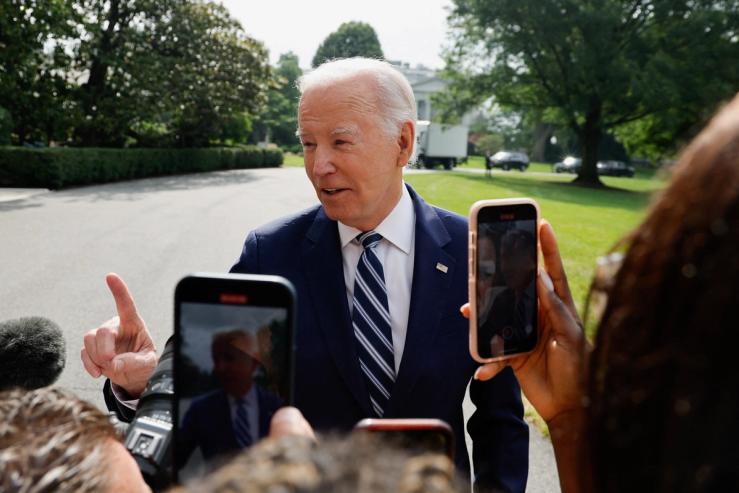The News
President Joe Biden’s administration is mulling another round of tech curbs on China to restrict the country’s access to semiconductors to develop artificial intelligence, the Wall Street Journal reported.
Know More
The new restrictions would impact U.S. chip makers like Nvidia that have redeveloped some of its products to circumvent the original 2022 export controls, the Journal reports. Nvidia and other chip makers saw their stocks dip following the announcement, CNBC reported, with Chinese tech firms also taking a hit.
The revelations come as Washington is attempting to temper hostile relations with Beijing, with Secretary of State Anthony Blinken having just visited top leaders in China and Treasury Secretary Janet Yellen due in China next month.
We’ve curated smart insights on what tightening export controls would mean for China’s capacity to develop artificial intelligence.
Insights
- “Fighting a chip war with China won’t be easy or quick,” writes Jacky Wong for the Wall Street Journal. China is still a crucial player in the development of products that require chips, which is why the export controls give exemptions to companies like Samsung and TSMC. But these companies are becoming increasingly wary of Beijing’s intentions and could look at expanding production in North America.
- Research and development funding must increase in order to counterbalance the hits to economic and technological development stemming from last year’s CHIPS act, argues the Atlantic Council. Only a fraction of the promised funding from the law has been granted, and staying ahead of China means quickly developing new technology rather than simply deterring Beijing’s ambitions.
- China’s AI industry is still running strong despite U.S. export controls, Reuters reports, which is in part due to Nvidia having worked around the original curbs. Chinese big tech companies are only a few years behind in AI development compared to their U.S. counterparts. — Reuters
- Little is known about how China would use AI for military advancement. Experts have only theorized about which components of AI would be most useful for China’s military to operate, but the U.S. does have a reason to worry given Beijing’s recent moves to eliminate barriers between civilian research, the commercial sector, and the defense industry. — The Japan Times


